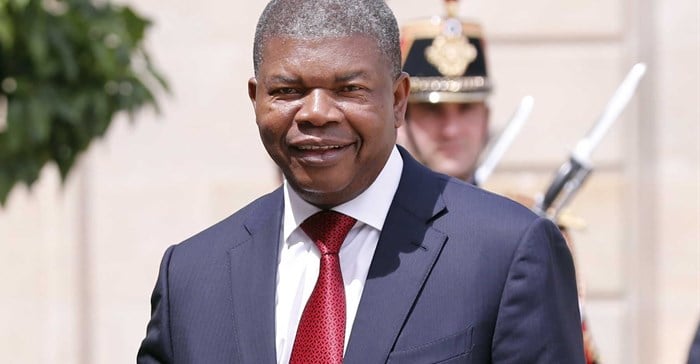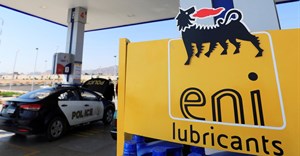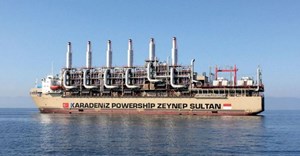Trending




 Sabre EMEA 2024 Awards: Razor PR, Retroviral top SA agenciesDanette Breitenbach
Sabre EMEA 2024 Awards: Razor PR, Retroviral top SA agenciesDanette Breitenbach
Elections 2024
Jobs
- Technical Energy Journalist - Freelance Johannesburg
Angola reforms its oil & gas industry

Since entering office in 2017, President João Lourenço has focused on cleaning up corruption and implementing aggressive reforms - changes in tax law to changes in concession contracts and the opening of marginal fields to African independents - just as the oil price is stabilising. Key measures include the formation of upstream and downstream taskforces, privatising some Sonangol subsidiaries, and the creation of a new regulator to manage concessions. The measures are already attracting interest from investors and establishing confidence in the administration.
Lourenço has made key appointments, notably naming Diamantino Azevedo the new minister of mineral resources and petroleum. The Ministry of Mineral Resources and Petroleum quickly put together a task force comprised of both international and domestic stakeholders, including the Ministry of Finance, the Office of the President, Sonangol, BP, Chevron, ENI, Esso, Equinor, and Total. The task force has proposed improvements in several areas, including: simplifying the oil concessions management process; implementing incentives for investment in marginal fields; and creating a natural gas regulatory framework.
Several new laws have been enacted, including:
- The Natural Gas Regulatory Framework, which establishes policies for the monetisation of natural gas (both associated and non-associated gas) in existing and new concessions;
- Incentives for investments, which vary from tax reforms to contract reforms, to encourage economic exploration and development of natural resources;and
- Improved terms to better allow for exploration within development areas in existing blocks.
Independent regulator
Considered one of the most important changes to Angola’s oil and gas sector, an independent regulator has been created to manage the country’s oil and gas concessions, which were previously handled by the state-owned Sonangol. The National Oil and Gas Agency is the new granter and manager of concessions in a complete restructuring of the management of Angola’s oil and gas industry. The move is designed to improve transparency, attract new investment and increase output.
The reforms have also addressed the downstream sector. The government has created a task force to focus on downstream issues, similar to the upstream task force. The taskforce teams will focus on what is needed to build a high conversion refinery in the Lobito municipality and a refinery in Cabinda. Eight companies have already been preselected for the Lobito refinery and seven selected for the Cabinda refinery. Angola currently imports about 80 percent of its refined petroleum products.
Positive growth
The measures appear to be working — the World Bank’s economic outlook for Angola released in December 2018 predicts GDP will grow by 1.7% in 2018 and 2.2% in 2019 — the first time the country will have seen positive growth since 2014. An improved investor environment is listed as a cause for the improvement.
Mega oil and gas projects have achieved final investment decision since 2018, and several more are headed for FID in 2019 and 2020. A new licensing round is expected to attract new international explorers to the country, as well as promote the participation of Angola’s domestic sector by offering incentives for marginal fields.
Source: African Press Organisation

APO is the sole press release wire in Africa, and the global leader in media relations related to Africa. With headquarters in Dakar, Senegal, APO owns a media database of over 150,000 contacts and the main Africa-related news online community.
Go to: www.bizcommunity.com/PressOffice.aspx?cn=apogroup








